When challenged, the Gulf Coast creative community responded to the urgent need for protection with a lot of organization and hard work - in their usual enthusiastic fashion.
- Story by Steve Barney
Critical situations like this stimulate our community to find creative and resourceful solutions to problems and help each other. Let’s take a look at how local artists are meeting a challenge across the Mississippi Gulf and are part of a worldwide initiative to make cloth masks and create an artistic fashion statement.
Alexis Faust works at The Davita Kidney Dialysis Center in Ocean Springs. Normally, Alexis is a social worker supporting patients. Now, it’s all hands on deck, and she is a front-line screener checking patients for COVID-19 symptoms as they enter the facility. Alexis explains, “Kidney dialysis is an essential service. It doesn’t stop in the time of crisis and like many healthcare facilities, fear of running out of masks is a real concern. “The thought process was, we could extend the use of our precious surgical masks with an extra layer over it.” So she put out a desperate plea on Facebook for homemade cloth masks. Bay St. Louis-based fiber artist Kerr Grabowski answered the call. Kerr found an appropriate pattern on the internet and began fabricating cloth masks using hand-printed fabric she had on hand, the same fabric she screen prints in her studio and incorporates in her award-winning fine art.
“In the beginning”, Kerr explains, “we were not sure what was going on and didn’t know what to do to help.
“Making masks feels good, we are finding a way to help in some small way. It’s a positive thing. The repetitive motion has helped me keep my sanity and focus on being productive. I’m not sure I can do my own artwork yet, so this is an outlet that feels good and is tangibly helping people.” Kerr knew that the high-thread-count cotton broadcloth, dyed and printed, can withstand hot wash and dry and would have good filtration properties, but she didn’t expect how popular her handmade creations would quickly become among healthcare workers. Kerr produced 20 masks for Davita and they are coveted, worn with pride and very much appreciated. Through the masks, Alexis’s teammates have now been introduced to Kerr’s acclaimed artwork and fashion accessories. Then Kerr found out that the office of local doctor Sanjay Chaube was now a COVID-19 testing facility with an urgent need for masks; 20 more masks were promptly made and delivered. As demand increased, Kerr recruited her friends Jenny Bell, Kathy Ruland and Allen Reed to help cut fabric. The joint efforts have greatly reduced production time and increased throughput, while building fellowship and community. Another 10 were made for the employees at Serious Bread, and the requests keep coming in. People have asked to purchase the masks, but Kerr accepts no money and will continue making masks as long as she has materials to use. Once orders are filled for healthcare workers, Kerr will start producing masks for her family, her wide circle of friends and her entire neighborhood.
Meanwhile, Bay St. Louis artist Marian Glaser saw a Facebook post from Rhonda Gamble, who has been setting a cloth mask factory at the Community Center on top of the BSL City Parking Garage on Court Street. Every day from 8 am to 8 pm, a coalition of socially distant volunteers gathers at the facility, affectionately known by locals as the Garage Mahal. Armed with cutting tables, sewing machines and a mountain of fabric, the makers are busily fabricating masks targeted for frontline healthcare workers in hospitals, nursing homes and other clinical environments. The team uses a specific design that uses a wire around the nose and has a pocket to insert additional filter medium. It’s a time-consuming, labor-intensive process, and the team will not stop until all needs are met.
So far, over 1,000 masks have been fabricated with additional orders of 700, and the orders will keep coming in as the need continues to grow. A logistics system ensures that orders are processed and masks delivered to the facilities with most urgent needs across the Gulf Coast. It’s an amazing, well-organized and efficient all-volunteer effort that was put in place literally overnight.
Working from her home studio, Glaser has been doing all she can to support the Mask Response Team. As a whim, she started making simpler masks for her family and friends to wear. “I quickly made a few for fun,” she says. “When I posted pics online, it immediately went viral (no pun intended).” Marian, like many others, refuses to accept any money for functional and beautiful masks she is making. Marian explains, “I don’t charge anybody. I feel like I’m giving back and in some small way helping to keep us all safe. It is my way of spreading love for the Bay and all of the community.”
The desire to help and give back is abundant; the only thing lacking is elastic material required to hold the mask in place. Scouring fabric stores, quilting goods and art supply stores for elastic material is a fruitless endeavor right now, so makers are finding creative solutions, using hair ties, dissecting bungee cords, old bras, anything they can find to make it work.
Local mural artist Lucinda L’Enfant has a day job at Ochsner Hancock Medical Center, where she is a Performance Improvement Coordinator. Like everybody else, Lucinda has new duties evaluating and treating patients at the hospital. “Cloth masks are a great idea,” Lucinda states. “I love to see all of the colorful masks, especially around Easter.” She continues, “A big benefit of the cloth masks is that they can be used for protection by the general public, thereby leaving more N95 masks for clinical workers with direct patient contact.” Lucinda and all of the front-line healthcare workers urge us to stay home, and if you need to go out wear a cloth mask and save the PPE for the front-line workers who need it most. It’s literally a matter of life or death. We salute the mask makers; local examples of fiber artists, quilters and makers across the globe fabricating millions of masks and other improvised personal protective equipment from upcycled materials. This unprecedented crisis calls for an unprecedented effort and these people are meeting the challenge. Comments are closed.
|
Categories
All
Archives
July 2024
|
Shoofly Magazine Partners
Our Shoofly Partners are local businesses and organizations who share our mission to enrich community life in Bay St. Louis, Waveland, Diamondhead and Pass Christian. These are limited in number to maximize visibility. Email us now to become a Shoofly Partner!

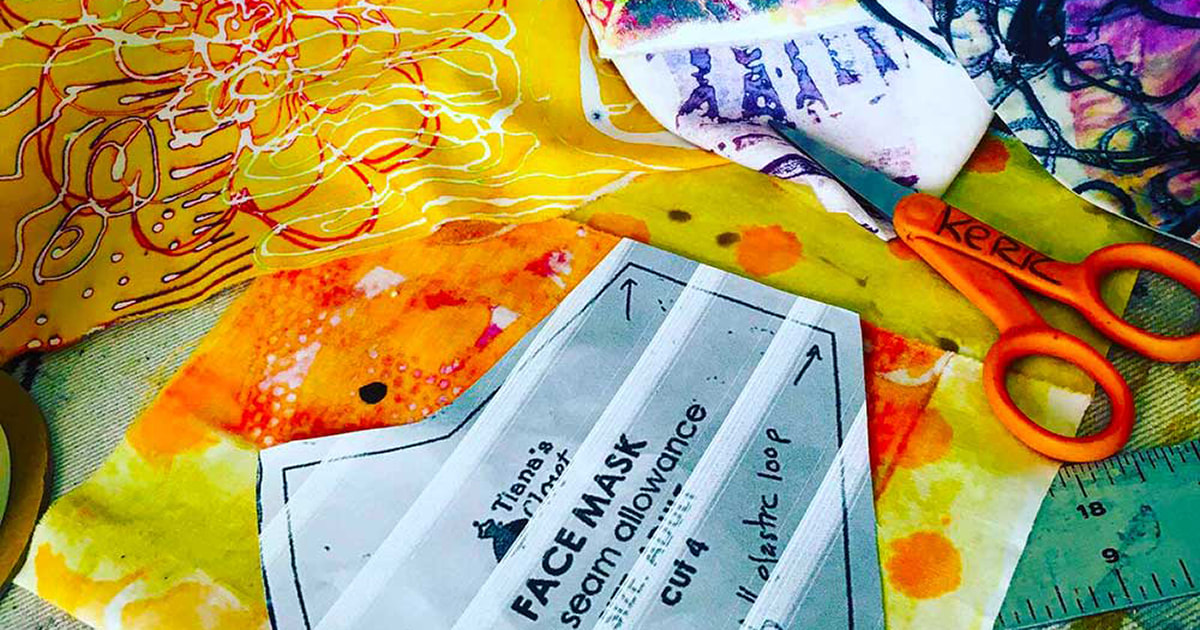
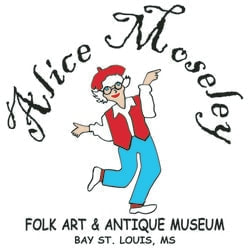


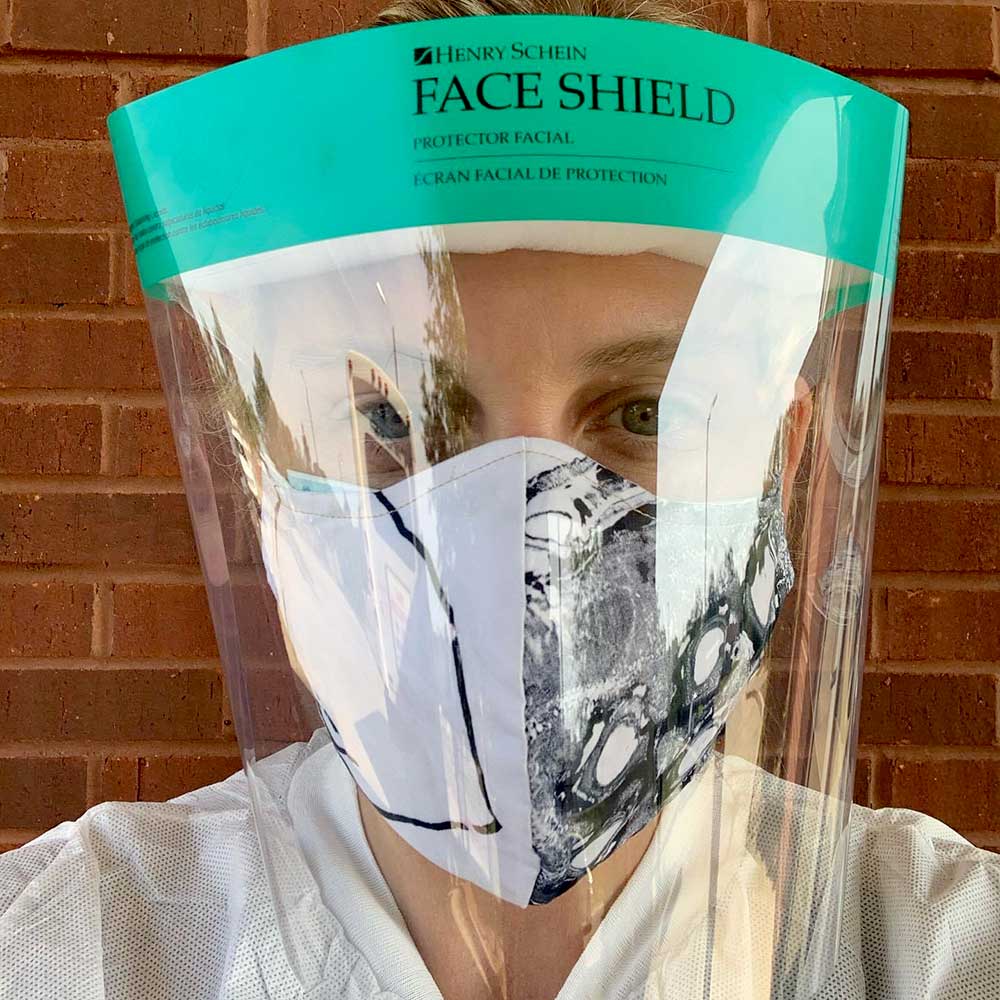
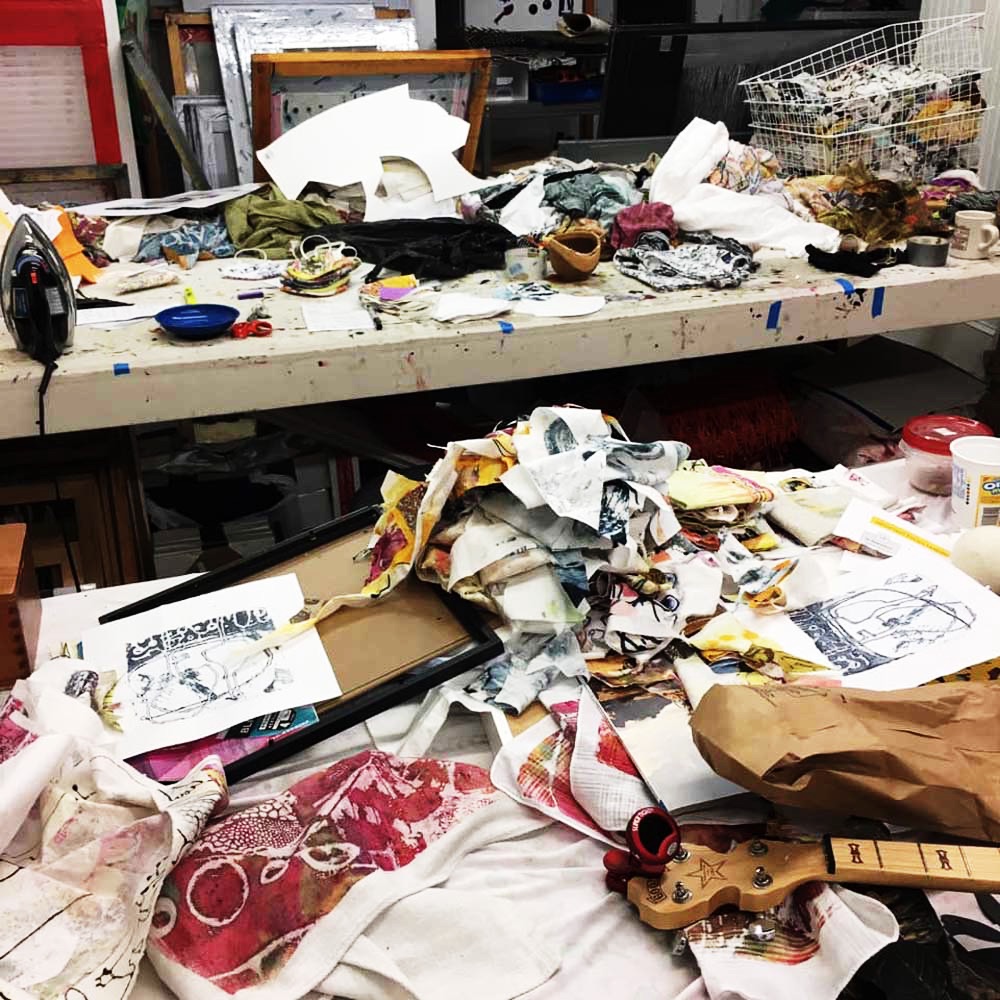
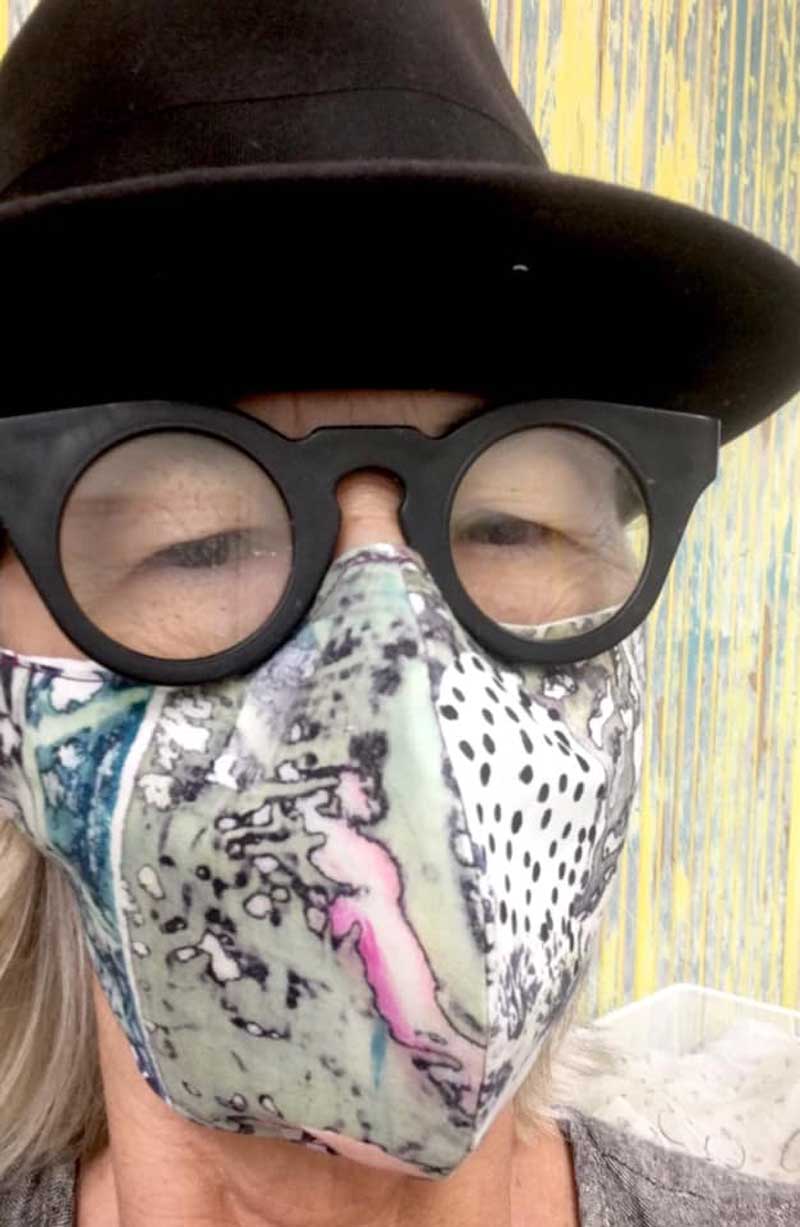
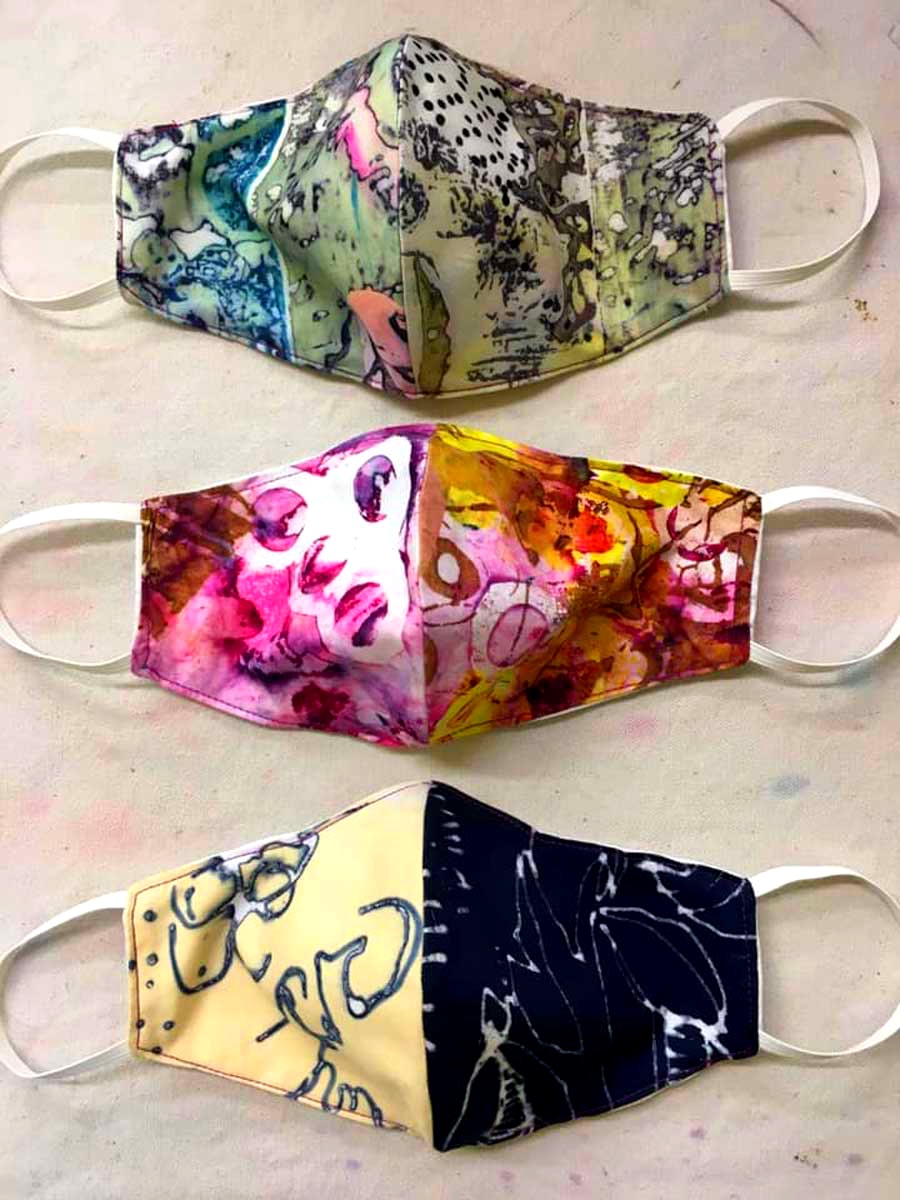
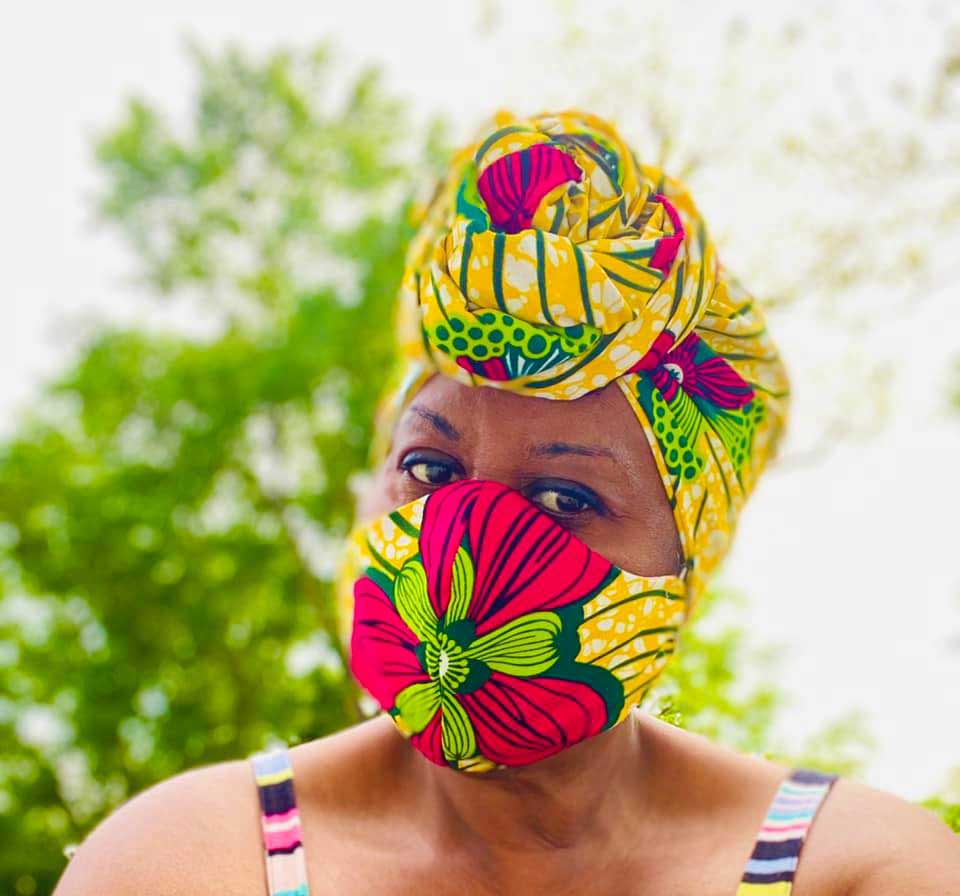
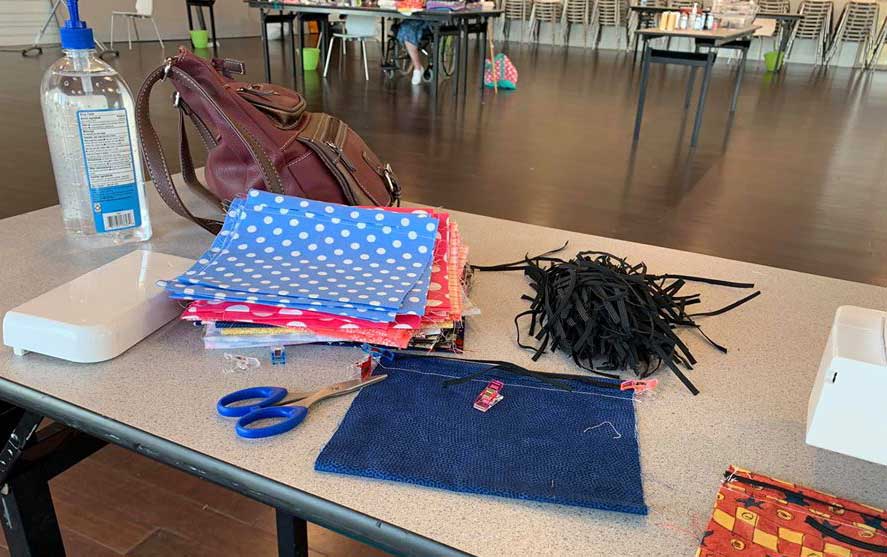
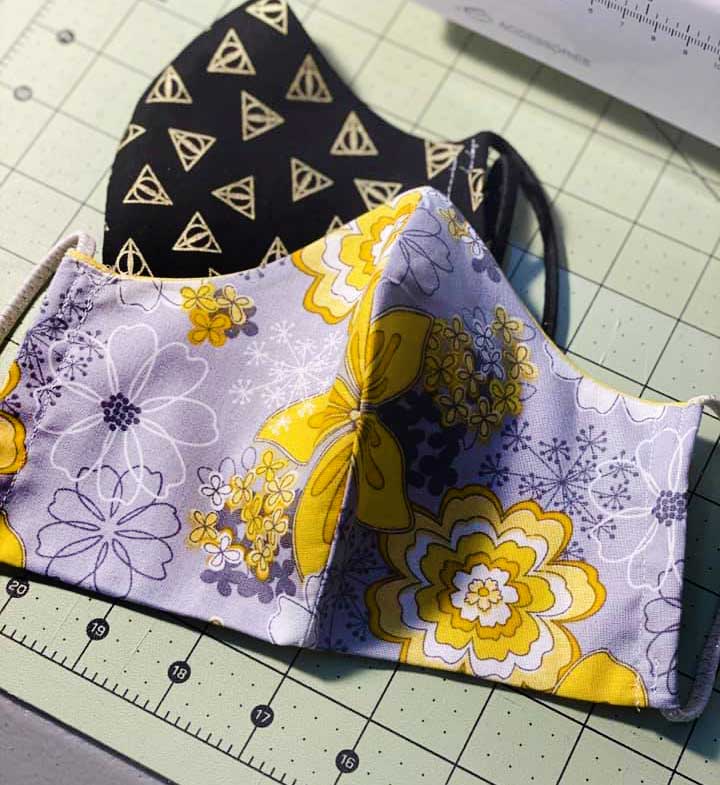
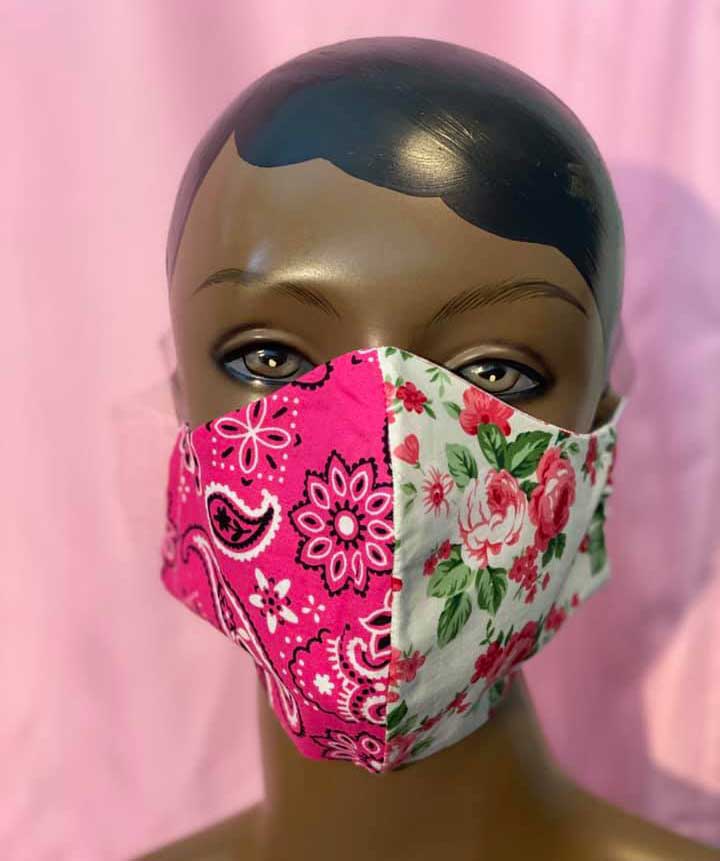

























 RSS Feed
RSS Feed























